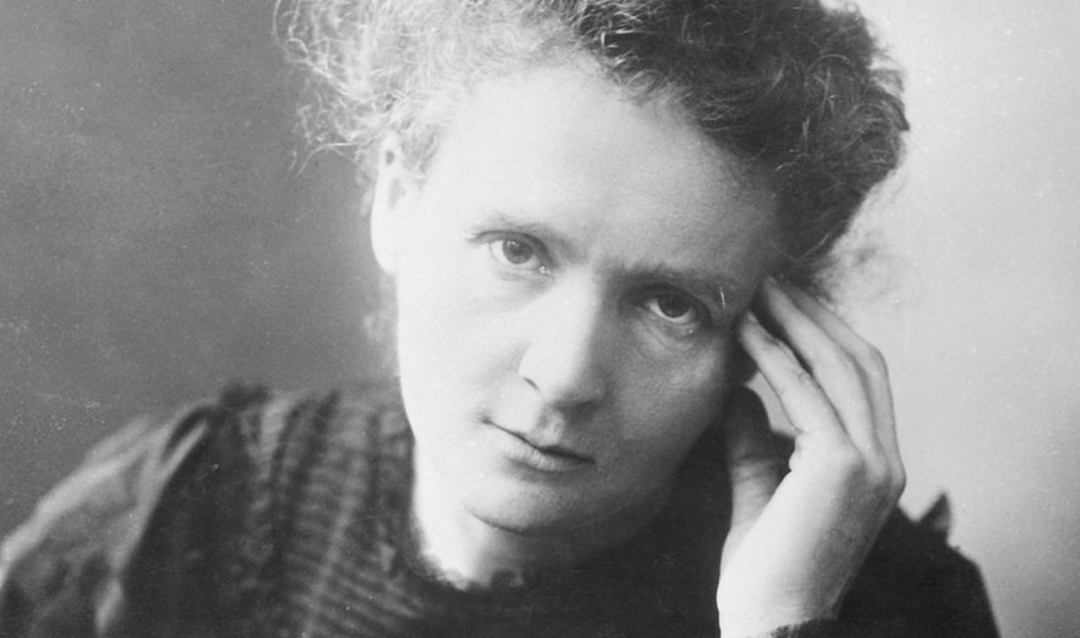Gauri Subramani recalls a study that showed when it comes to certain medications, women require different dosing than men. It struck her that despite this difference, most dosing instructions are based on whether the recipient is an adult or child, she says.
Subramani, an assistant professor of management, began thinking about how the majority of patents and inventions available today are created by men and how that skewed representation disenfranchises women and other groups. Today, she studies how women are represented within the world of entrepreneurship and innovation, particularly in the U.S. patent process.
“There’s a lot of qualitative research that looks at how a lack of inclusion in the medical system leads to women’s health issues being disregarded, or women being less well-served by medical innovations and medicines themselves,” Subramani says.
Subramani seeks to identify the mechanisms by which inequalities arise in the patent process and opportunities for interventions to reduce performance gaps. She uses empirical tools and quantitative analyses to explore the dynamics of representation in a variety of contexts, including digital platforms such as online reviews and crowdfunding.
“Recent research shows female innovators are more likely to produce medical innovations that serve women,” Subramani says. “If you work backwards, not having these people participate in the patent system makes it less likely that these things will exist.”
Subramani’s study of representation in innovation has led to a collaboration with the U.S. Patent and Trademark Office, where she recently accepted an appointment as an economist in the Office of the Chief Economist.
Subramani describes her most recent work with the office in a paper currently under review. The project included an examination of patent applications from 2002 to present. She and her colleagues, Abhay Aneja from University of California, Berkeley and Oren Reshef from Washington University in St. Louis, found that more than 80% of inventors who apply for patents are men. In addition, the team found that women are far more likely to drop out of the patent application process after they receive a rejection.
“This is a process that’s pretty iterative, in which most applications—more than about 80%— receive rejections, and female inventors are less likely to respond to that rejection,” she says. “Their applications are more likely to be abandoned, and we are trying to understand some of the reasons that might be happening.”
Reasons could include, Subramani says, a lack of support for women within the STEM (Science, Technology, Engineering and Math) fields, as well as a potential lack of support in the work environment. Subramani found that women’s participation improves if they have a lawyer or other guidance during the patent process.
If women and minorities are underrepresented in innovation, their talents are underutilized and the inventions they may have developed are lost, impeding the progress of innovation, Subramani says. And, she argues, if certain individuals are less likely to participate, their populations may suffer because available innovations are less likely to serve their needs.
Gauri Subramani uses empirical tools and quantitative analyses to explore the dynamics of representation in a variety of contexts. She received her Ph.D. from UC Berkeley’s Haas School of Business.
By Christina Tatu





